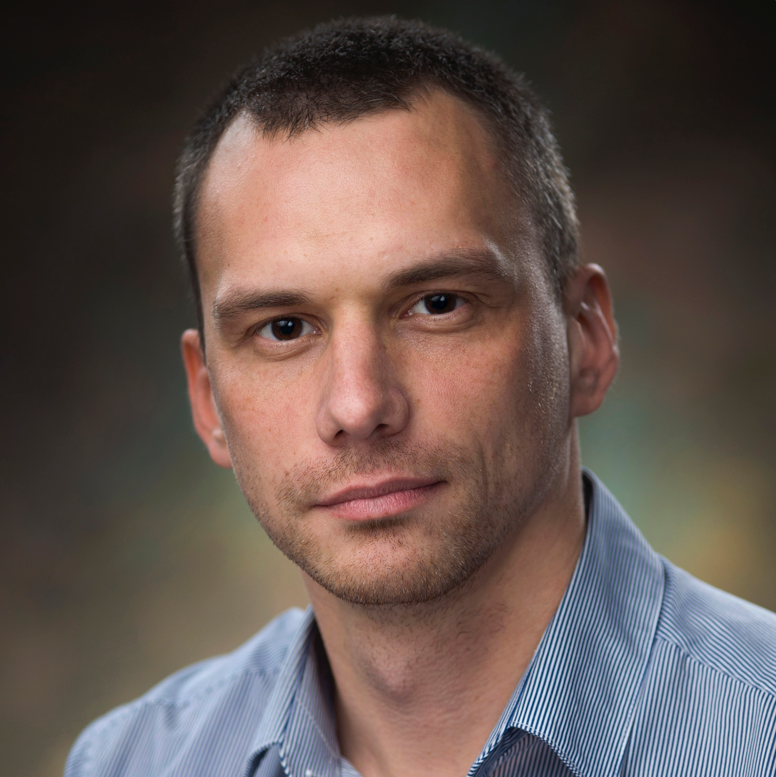Help create tomorrow’s medicine today. Donate now ➔
We are proud to share the featured speakers for the 2025 Baylor College of Medicine Alumni Reunion.
Online registration has closed. To register, please call 713-798-4714.
President, CEO, and Executive Dean, Baylor College of Medicine
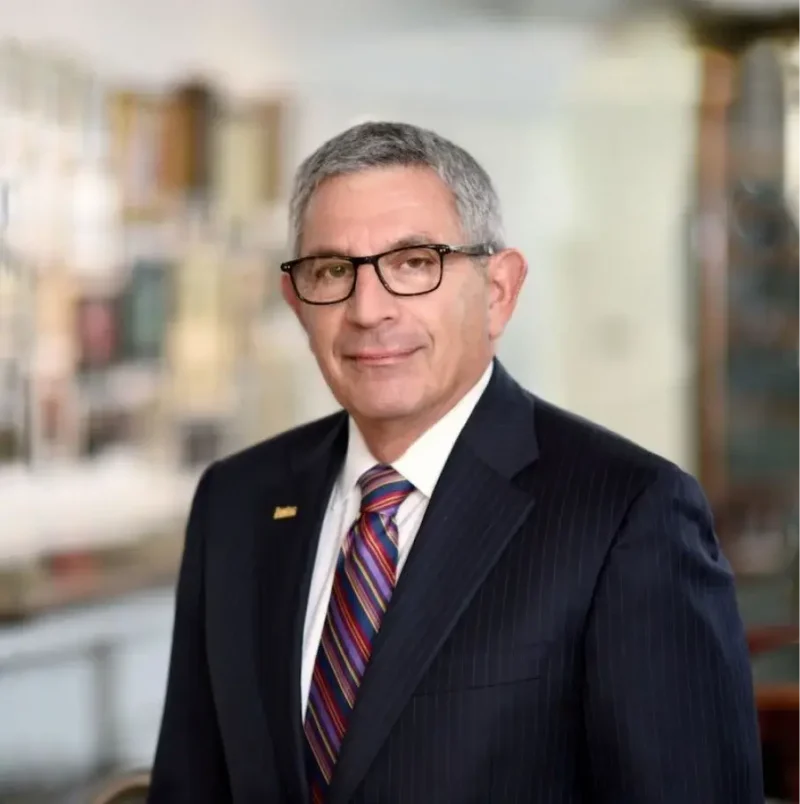
Senior Dean School of Medicine and School of Health Professions
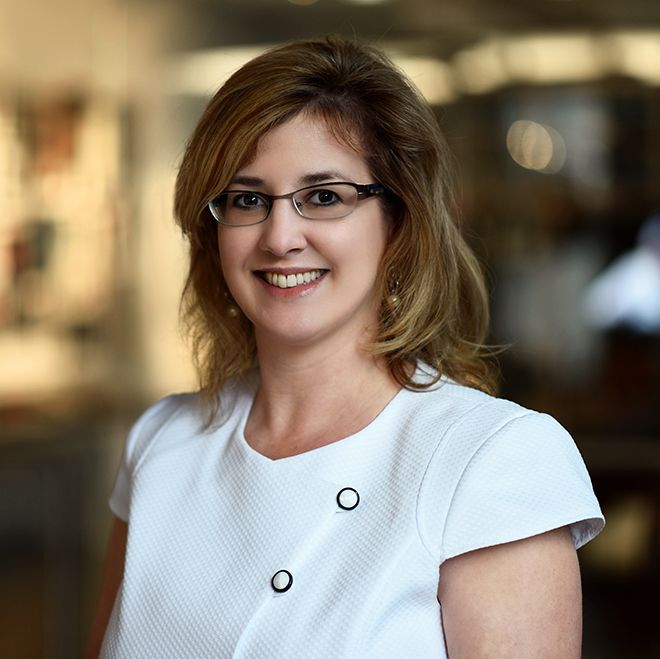
Director of Research and Associate Professor, Center for Space Medicine; Executive Director, Translational Research Institute for Space Health; Baylor College of Medicine
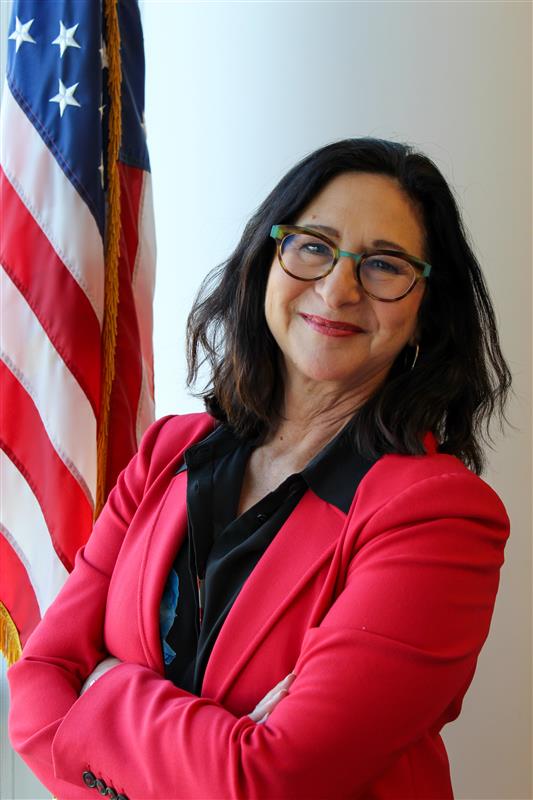
Executive Director, Texas Space Commission (TxSC)
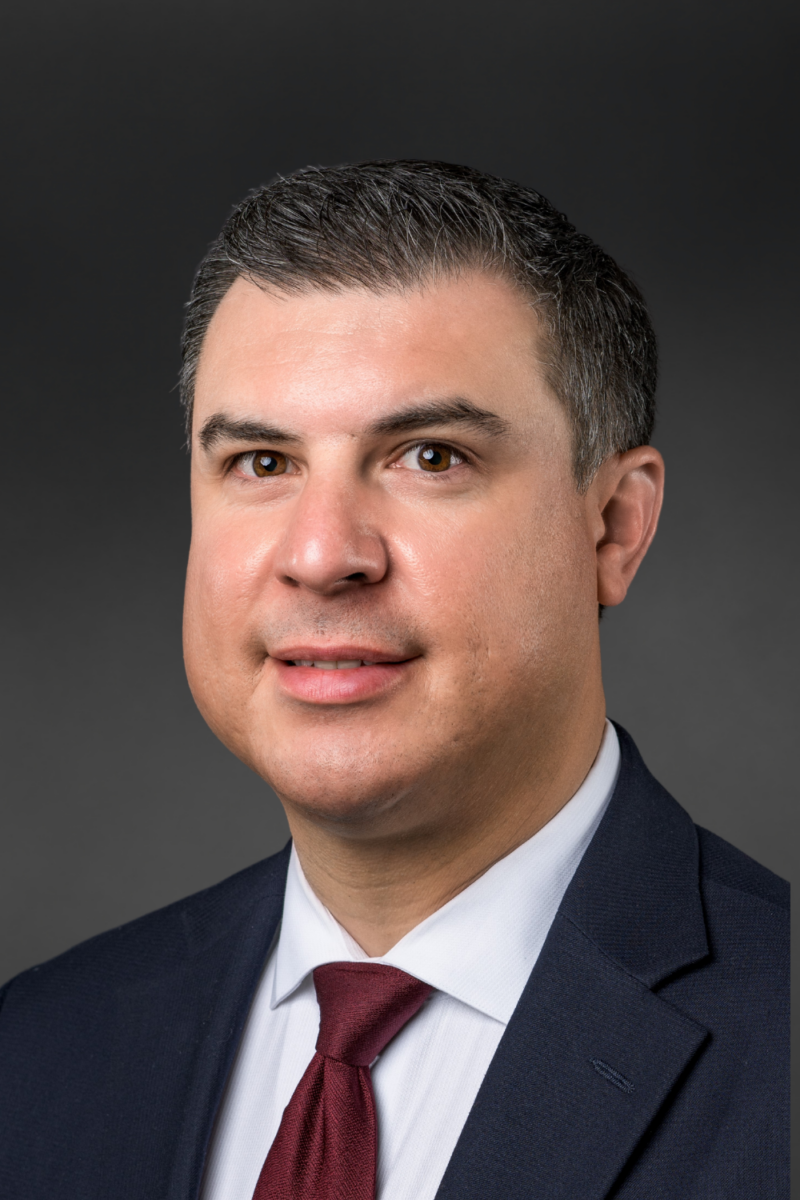
Flight Surgeon, National Aeronautics and Space Administration
Clinical Specialist, MD Anderson Cancer Center
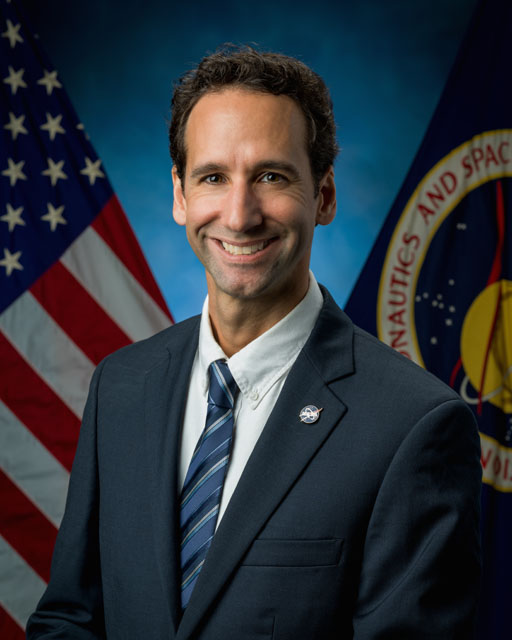
Founding CEO, March Biosciences
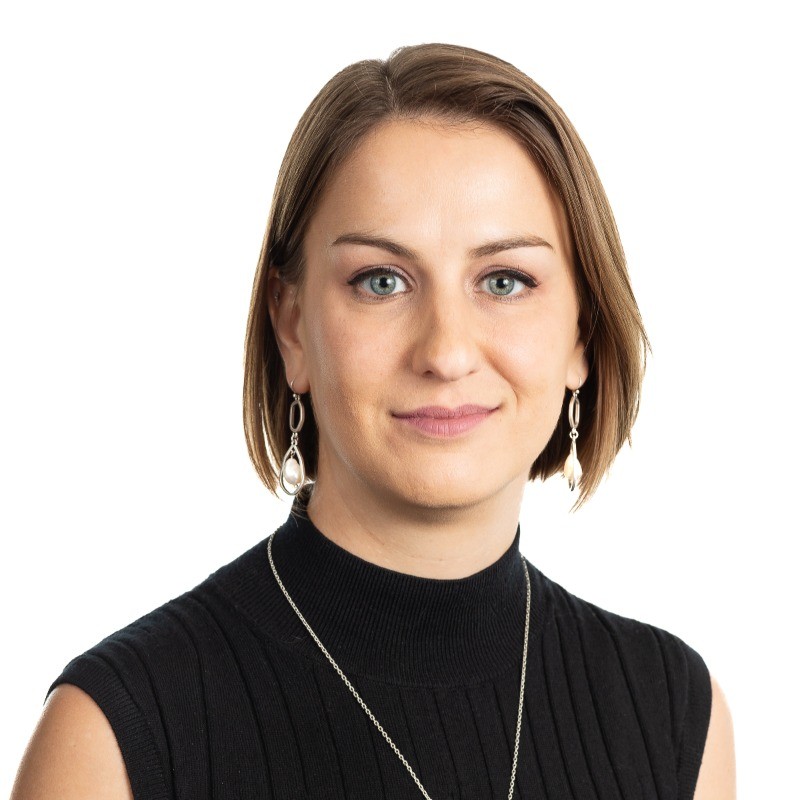
Dean, National School of Tropical Medicine, Professor, Departments of Pediatrics and Molecular Virology and Microbiology, Baylor College of Medicine, Co-Director, Center for Vaccine Development, Texas Children’s Hospital
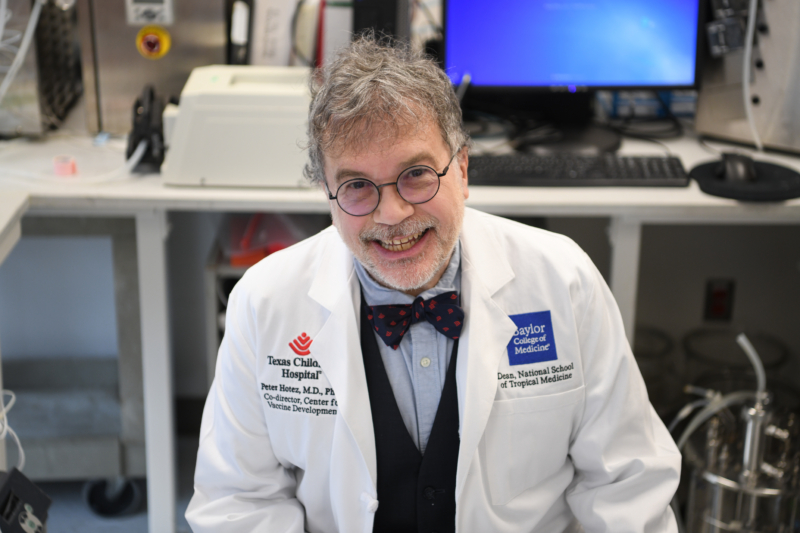
Professor, Section of General Internal Medicine, The Margaret M. Margaret M. and Albert B. Alkek Department of Medicine, Professor, Department of Pediatrics, Center for Space Medicine, Baylor College of Medicine
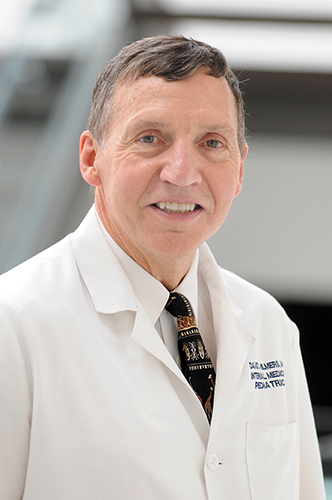
Associate Professor, Department of Pathology & Immunology, Center for Cell and Gene Therapy, Baylor College of Medicine
